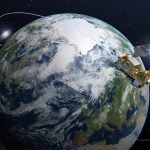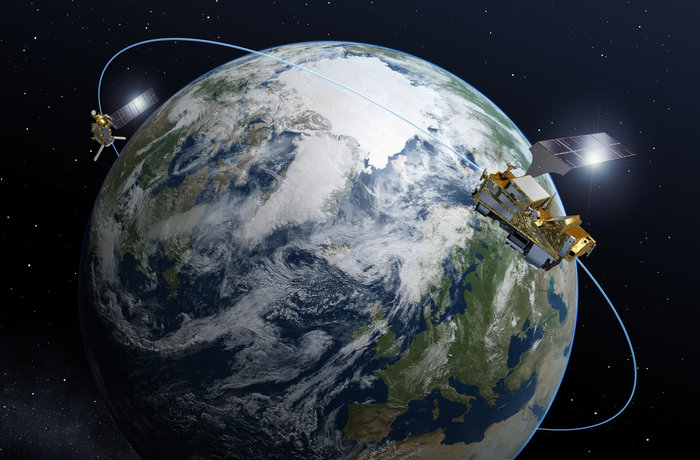
Job ID: EOP-193
Deadline 07 May 2023
Aurora is an established supplier of skilled manpower to ESA and in particular at ESTEC and ESAC. Aurora has the opportunity to expand our support to ESA in the domain of EOP- Engineering Support to Earth Observation.
Happiness of our employees has proven key to obtaining excellent results and a client who also regards us highly for excellent service.
Overview
The contractor will provide support to Earth Observation Projects in the domain of End-to-end (E2E) Mission Performance covering both software and algorithm aspects. He/she will work integrated in the relevant Project
Teams and will report to the System Manager (or equivalent role within the Project). The support will address:
Specific Tasks
- Support the definition and development of the End-to-End (E2E) Mission Performance Simulators for future EO missions, including elaboration of SOW and technical specifications, participation to progress meetings and reviews.
- Contributing to ensure the technical coherency and completeness of the simulation of the observation system, including, as needed, functional analysis, system level budgeting, system performance analyses, modelling of spacecraft and/or payload subsystems and related data processing to meet system and mission requirements.
- Install and use those E2E simulators on the EOP-SF IT infrastructure for mission performance evaluation and system trade-offs for future EO missions,
- Provide feedback from end-to-end mission performance simulations and optimisations to the spacecraft and mission design.
- Ensure a consistent evolution and maintenance of the E2E simulators and a proper configuration and storage of the relevant input/output data sets.
- Initiate and support work in the area of modelling of system or sub-system aspects (spacecraft, payload, ground processing) for E2E simulators and System Engineering Tools.
- Support the development of generic building blocks and modules, and aim at maximum synergy and reuse of those building blocks and modules from one E2E simulator to the next making use of ESA OpenSF infrastructure.
- Support in the implementation of novel remote sensing techniques to the definition of instrumentation, satellites and space missions.
- Support in the translation of the physical principles of remote sensing techniques into mathematical algorithms for their implementation in simulators (end-to-end mission performance simulators) capable of modelling the transformations experienced by an electromagnetic signal since its interaction with the Earth System up to its transformation into a retrieved geophysical parameter.
- Support the definition, development and implementation of End-to-End Mission Performance Simulators for the preparation and definition of Future Earth Observation missions (i.e. Earth Explorer missions,
Copernicus missions and Scout missions). - Contributing to the definition of the architecture of end-to-end performance simulators ensuring the technical coherence of the simulator architecture and the remote sensing technique used.
- Installation, maintenance, debugging and run of existing end-to-end performance simulators developed for past Earth Observation missions
Specific Qualification requirements
- At least Master level (or equivalent) in a relevant technical or scientific discipline (e.g. engineering, physics, mathematics).
- Solid knowledge of the physical and mathematical principles of remote sensing techniques and its modelling is required.
- Solid background on computer programming, demonstrated capability of scientific and or technical coding and code debugging.
- Proficiency in written and spoken English is required.
- Good knowledge of Matlab/Python coding is required; knowledge of another programming language is an asset
- Demonstrated expertise on space instrument modelling is an asset.
- Demonstrated expertise on retrieval of geophysical parameters is an asset.
- Mathematical knowledge on error propagation is an asset.
- Knowledge of electromagnetic iteration and propagation is an asset.
- General knowledge of ESA Earth Observation missions is an asset.
- Good communication and technical writing skills.
- Good organisation and long term planning skills.
- Capability to coordinate a large amount of inputs, synthesise, summarise and draw conclusions.
- Demonstrated capability to deliver results under pressure and on time is required.
- A proactive approach, with initiative and capability to work independently.
- Demonstrated problem-solving skills.
Legal and Security Requirements
- All applicants must be legally allowed to work in The Netherlands.
- Applicants are required to provide a copy of their passport and degree certificate. Aurora will validate the Degree with the issuing University and provide evidence to ESA.
- Prior to issuing a letter of employment the applicant shall provide to Aurora a recent official document declaring that they are of good conduct from the country where currently resident.
Location
The work will be performed at the European Space Technology and Research Centre (ESTEC) at Noordwijk, The Netherlands.
Contract
- The selected candidate will receive good remuneration in line with ESA Job Class.
- Will be registered for both social security and tax in the Netherlands.
- The standard working hours are 40 per week. There are 12 public holidays and an additional 30 annual days holiday.
- Training to improve efficiency and provide strength for future career are of course included.
- Aurora assist with relocation both with support and financially.
- Aurora contributes to a company pension scheme.
To be considered for this Position
Prior to 07 May 2023, please apply via our Job Application form quoting EOP-193 (RT-C/EOP-B/00193) as reference.
Aurora will agree conditional employment terms and conditions with candidates before presenting them by 09 May 2023, 13.00 hours.
If not directly interested, feel free to share by this Job Vacancy with your friends!

